The Future and Sustainability of Transnational Access in Europlanet Research Infrastructure
- 1Vrije Universiteit Amsterdam, Geology and Geochemistry, Amsterdam, Netherlands (g.r.davies@vu.nl)
- 2Department of Physics and Astronomy, Aarhus, DK
- 3Department of Earth Sciences, National History Museum, London, UK
- 4Department of Biological, Geological and Environmental Science, University of Bologna, IT
- 5European Science Foundation, Strasbourg, FR
- 6School of Physical Sciences, University of Kent, UK
The European Commission (EC) is currently formulating their vision for future research infrastructures (RIs) and how they should deliver improved transnational access (TNA) for the broad scientific and industrial community. There is a major emphasis on ensuring RIs are self-governing and sustainable. Many of the larger, often government supported, RIs will operate as European Research Infrastructure Consortia (ERICs). ERICs are generally established around large national research facilities. The Europlanet Society has instead chosen to be a AISBL (International Non-Profit Organization) based in Belgium ensuring control by the scientific community. Upon granting of the AISBL status, expected later in 2022, the Europlanet Society will be in position to lead or co-operate in any future RI initiatives.
Based on a series of briefings by the EC, it is predicted that existing established RIs such as Europlanet will be expected to collaborate within and across disciplines to offer a wider range of transnational access. For Europlanet this will mean collaboration within the Astronomy-AstroChemistry communities Opticon, RadioNet, ChETEC, etc. In addition, future TNA programmes will be expected to involve:
- more diverse facilities;
- greater interaction with participation by industry;
- greater globalisation with an emphasis on Africa and Asia;
- more active participation from the under-represented European states.
- reduced environmental impact;
We believe that Europlanet is in a strong position to achieve many of these requirements. The next call for modified RIs that provide transnational access is expected to be launched in astronomy-space realm at the end of 2022, for calls in 2023 and 2024. It is therefore necessary to start to formulate ideas for a future TNA programme. The presentation at EPSC will give a brief review of the current status of the Europlanet 2024 RI, and is designed to initiate and stimulate discussion within the planetary community as to their wishes for future TNA facilities, specifically in light of ESA goals to return to the Moon and an increased focus on Exoplanetary science.
How to cite: Davies, G., van Westrenen, W., Merrison, J., Russell, S., Cavalazzi, B., L'Haridon, J., and Mason, N.: The Future and Sustainability of Transnational Access in Europlanet Research Infrastructure, Europlanet Science Congress 2022, Granada, Spain, 18–23 Sep 2022, EPSC2022-126, https://doi.org/10.5194/epsc2022-126, 2022.

